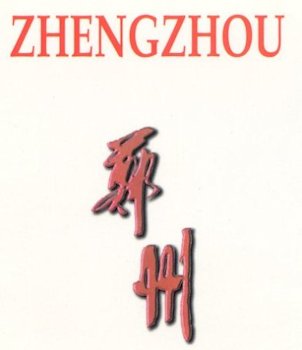
|
Zhengzhou Scenes 1. Zhengzhou in History Zhengzhou has a long history, the site having been continuously settled for more than 8,000 years. Nearby is the Birthplace of the Emperor Huangdi, the first Emperor of China. It ranked as one of the most populated regions in China during the Shang Dynasty (from the 16th century to 1066 BC), but for a period thereafter waned in importance in comparison to nearby Anjang, which emerged as the dynastic capital. The modern development of the city began in 1898 when foreign interests were granted concessions for the construction of major north south and east-west rail lines. These were completed in 1910. In the 1920s, the railway was the focus of several labor disputes, including a notorious incident on February 7, 1923, when a strike of the Beijing-Hankou railway workers union was bloodily suppressed. Because of its importance as a major railway center, Zhengzhou was a primary objective of Japanese forces during their push through China in 1937. Zhengzhou was severely damaged in fighting during the civil war in 1948-48. Labor troubles resurfaced in the 1970s, especially in the railway sector, and in local officials complained about the "sabotage carried out by the 'Gang of Four' and their henchmen" in disrupting transportation and production. Today all is running smoothly again. ⇦ Back to Page 35 On to Page 2 ⇨Return to Zhengzhou Scenes Page 1 |